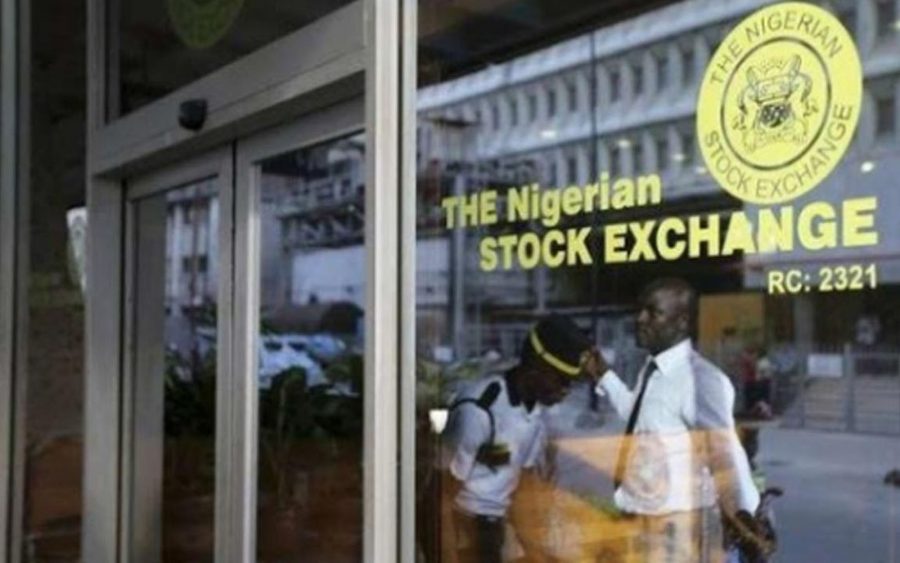The Nigerian Stock Exchange (NSE) may have a radical shift in its information release process if a recent Federal High Court ruling is to be complied with.
In its Judgement, the Federal High Court declared that the NSE is a ‘public institution’ within the contemplation of the FOI Act. On the basis of the affidavit evidence before it, the court also reasoned that it is in the interest of the public to disclose the affairs of an entity that has done business with the public and is alleged to have acted against the interest of the public.
The court also found that the Defendants (the NSE) could not legitimately enjoy the protection of section 14 of the FOI Act, and that the ‘public interest’, in the instant matter, far outweighs the interests of the clients of the Partnership Entities. The court consequently ordered the the NSE to deliver requested documents to the Plaintiffs within 7 days. With this judgement, the NSE and other securities exchanges operating in Nigeria’s capital market must now comply fully with the obligations placed on public institutions under the FOI Act. The NSE has complied with the aforesaid order of the court.
This court judgement has consequences of mega proportions and if it stands, could significantly affect the operations of the Nigerian Stock Exchange.
What led to the court case?
According to information made available to us by the plaintiff, Dr Ayibatonye Owei and his 4 children lost a significant sum to an unregistered investment product, Partnership Securities Deposit Account (PSDA), which was promoted by the Partnership Investment Company Limited and Partnership Securities Limited (the Partnership Entities).
In order to fully understand the nature and extent of the rights/reliefs of the Plaintiffs vis-à-vis the liability of the Partnership Entities, the Plaintiffs had, relying on the FOI Act, requested for certain information/documents, relating to the affairs of the relevant Partnership Entity from the Nigerian Stock Exchange (the NSE).
However, the NSE refused the Plaintiffs’ request for information on the grounds that the NSE is not subject to the FOI Act and therefore not under any obligation to honour the Plaintiffs’ request for information.
Last year, the Nigerian capital market was rocked with a scandal. A stockbroker, Mr Victor Ogiemwonyi was arraigned before a Federal High Court sitting in Lagos and remanded in Ikoyi prison.
Mr Ogiemwonyi is the founder and MD of Partnership Securities Limited, a stockbroking firm on the Nigerian Stock Exchange that was accused of fraudulently selling shares belonging to his clients and misappropriating the proceeds. The amount involved in the alleged fraud is about N1,237,245,000 and US$80,000.
Prominent victims of the alleged scheme include Mr Godwin Anono, Chairman of Standard Shareholders Association of Nigeria and Mr Arnold Ekpe, former Managing Director of Ecobank Transnational Incorporated (ETI). It appears that the plaintiff in this case was also caught up in the fraud.
The judgement will have a major effect on the operations of the NSE going forward.
More power to retail investors
The ruling could handover unexpected power to retail and institutional investors who are looking for more disclosure from the Nigerian Stock Exchange.
The Nigerian Stock Exchange currently makes information such as press releases, company results, investor presentations, stock prices and valuations, publicly free on its websites. However, critical information is offered at a cost often too steep for retail investors, but within the reach of stockbrokers and research organisations. With this judgement, proprietary data could become free if investors force the hand of the Exchange via the FOI.
The judgement could lead to lower revenue for the Exchange. Data from the NSE 2017 annual report shows that the Exchange made N251 million from market data. Institutional investors, in particular, tend to subscribe for the data.
In addition, the Exchange may have to cough out more money to answer investors’ inquiries. Analysts, who spoke to Nairametrics, also fear that civil society activists could use the ruling as an opportunity to beam the searchlight on public office holders or conduct witch hunts. Investigations relating to previous corruption cases in the country have revealed that some elected officials have shareholdings in listed companies, with some acquired while in office.
Sources in the Exchange reveal that they intend to appeal the judgment, fearing that this could also lead to abuse from malicious investors. According to a source, the information required by the Plaintiff has already been sent by the Exchange.
Will demutualization happen faster?
Cases like this may make the Nigerian Stock Exchange (NSE) hasten a planned demutualization. The bill for the demutualization is currently awaiting the assent of the President.
Demutualizing a company would make it a private firm, which is not subject to the Freedom of Information (FOI) Act.
Demutualization is the process by which an exchange is converted from a company owned by members or brokers to one in which members of the public can buy shares.
What will the NSE do next?
The NSE, in response to a mail by Nairametrics, stated it had complied with the judgement, without prejudice to its right to appeal and on the 8th of June, delivered copies of the inspection report to the Plaintiffs (the parties that took the NSE to court) through their counsel. The Exchange is currently studying the judgement with a view to appealing.
The Exchange wishes to make it clear that it disagrees with the decision of the court that it is bound by the provisions of the Freedom of Information Act and is presently “considering legal advice with a view to possibly filing an appeal against the judgment of the Federal High Court.”
The Nigerian Stock Exchange (then known as the Lagos Stock Exchange) was founded on the 15th of September, 1960. Trading, however, commenced on the 5th of June, 1961. The Exchange was renamed the Nigerian Stock Exchange in December 1977.
